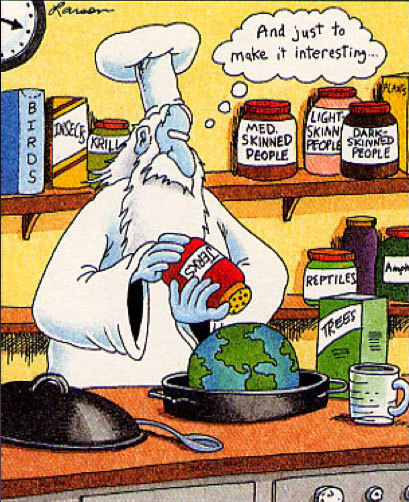dada » Sat Feb 27, 2021 5:22 pm wrote:Science is limited to what can be observed. So anything that doesn't produce sensory data for the observer to process can't be studied scientifically. Also systems that change under observation. The unobserved system can't be studied scientifically. And then there's the unobservable states of a system. To know exactly what it is doing, where it is going becomes unknowable. Know the location and velocity, what it is doing exactly becomes unknowable.
I'd leave god out of it, though. Everyone has different ideas of what the one true god is. My god is good, and didn't create evil. Lord of wisdom's light. Not omnipotent, but omniscient. I don't presume to speak directly to him, I talk with his angels instead. So I guess they represent the master whatevers for me. The goddess, though, I speak to directly.
Yes, when science is knowledge, it is limitless. Metaphysics looks very different than physics, though. Applied scientific methods are not all compatible. Pataphysics is the only method that is. It is universally compatable.
Disagree with the bolded part. We can observe how an unobserved system influences the observed system, like dark matter. We can't see it, but we can see the effects it has on normal matter.


